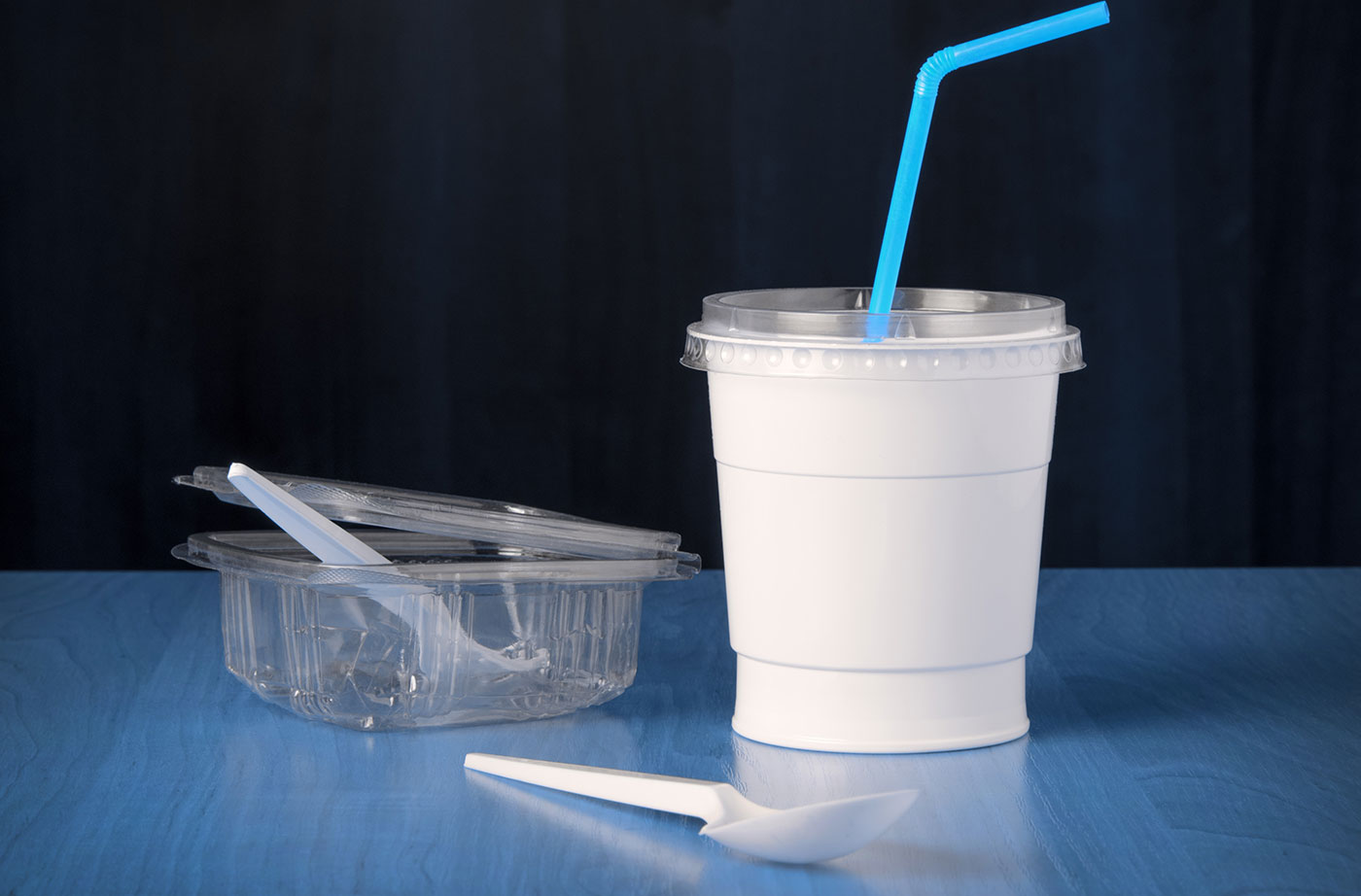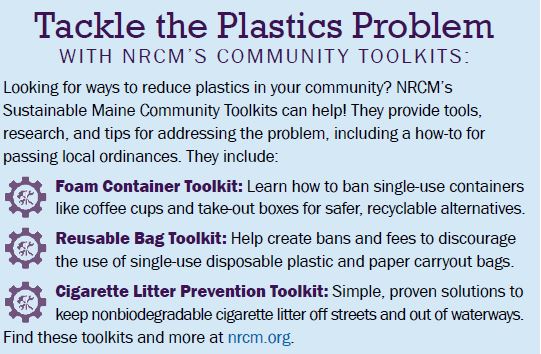People everywhere are talking about plastic pollution more than ever. Researchers all over the world are studying the unnerving prevalence of plastic in the environment and documenting its devastating impacts on our ecosystems—and their findings are startling. You may have heard the terrifying estimate that plastic will outweigh fish in the ocean by 2050; or that 83 percent of tap water samples from all over the world contained micro-plastic. Perhaps you’ve seen one of the heart-wrenching pictures of countless whales and sea birds that have died a gruesome death from starvation because their stomachs were filled with plastic.
Plastics in the environment is a relatively new area of study because half of the 8.3 billion tons of plastic we’ve made was created in the last 13 years alone. Despite well-intentioned recovery efforts, only nine percent is recycled. It’s estimated that 79 percent of all the plastic ever created still exists either in our landfills or as pollution in our environment. We know that plastic does not ever break down; rather it breaks up into smaller and smaller pieces. What’s worse is that the rate of plastic consumption around the world is increasing. Land-based sources account for up to 80 percent of the world’s marine pollution and anywhere from 60 percent to 95 percent of ocean debris is made up of plastic, according to the United Nations Joint Group of Experts on the Scientific Aspects of Marine Pollution. The sources of land-based plastic pollution are extremely diverse—but the majority enters as large pieces of plastic trash such as bottles and caps, bags, containers, and packaging. The smaller pieces, called micro plastics, come from many sources including synthetic textiles, personal care products, and vehicle tire dust.
No Single Solution
Given the wide array of sources of plastic pollution, it’s clear that there is no one single way to stop the problem. We must attack it from every source, place by place and piece by piece. That is why bans and fees on plastic bags in Maine are so important. By regulating these unnecessary bags, communities are signaling that they recognize the problem and are addressing the devastating
impact of our reliance on single-use plastics. Most of our convenience packaging like to-go containers, shopping bags, utensils, and more are made of plastic that doesn’t get recycled. Bags are the low-hanging fruit because they are so unnecessary and so easily swapped out for a better alternative.

Since Portland passed its plastic bag ordinance in 2014, 13 other communities have followed suit with many more efforts underway. And nine Maine communities have banned expanded polystyrene foam food packaging for the same reasons. With Maine’s long-standing tradition of “Yankeethrift” it’s no surprise that so many Mainers understand the need to reduce our use of materials that are destined to be waste—like shopping bags and food containers. And Maine’s home-rule and local-control traditions mean communities can adopt programs to suit their goals.
One question that we are frequently asked here at NRCM is, “Are plastic bag bans working?” The answer is yes. Stores in Maine have reported a noticeable shift toward reusable bags, whether the trigger was a fee or a ban on plastic bags. Litter studies have reported fewer plastic bags in the environment in communities in Washington, DC, San Jose, and the UK, although plastic still makes up the majority of the litter, so we have a lot more work to do.
We hear concerns that switching to disposable paper bags is bad for the environment, too. While paper bags tend to have a larger environmental impact in manufacturing and shipping, plastic has a larger environmental impact when it comes to disposal and litter. Skipping a bag, or switching to durable, washable, reusable shopping bags is the best environmental option—preferably something you already own, and was made locally with repurposed material.
Maine Action, Global Movement
Communities in Maine that are taking action are part of a larger global movement away from single-use plastics. The UK has garnered attention recently with their successful shopping bag fee, and by its government pledging to ban all single-use plastics including straws, cutlery, and cotton swabs. In Africa, 26 countries are regulating plastic bags in some way, and 18 countries in Asia, 37 in Europe, and 10 in North America (which includes parts of the Caribbean) have jurisdictions addressing single-use bags, along with another five in South America, and four in the South Pacific.
People all over the world are affected by the prevalence of plastic in the environment, and only by addressing the problem together will we be able to clean it up. Many policies tackling plastic began with concerned citizens who wanted to improve their communities while inspiring their neighboring communities to do the same—just like here in Maine. 
Most of the plastic we see in our waste stream is single-use for which there are better alternatives that don’t contribute to our plastic pollution tragedy. If we continue to work together, we can bring about the beginning of the end of our reliance on single-use plastic convenience items.
—by Sarah Nichols, NRCM Sustainable Maine Director
Originally published in the Spring 2018 edition of NRCM’s Maine Environment newsletter










